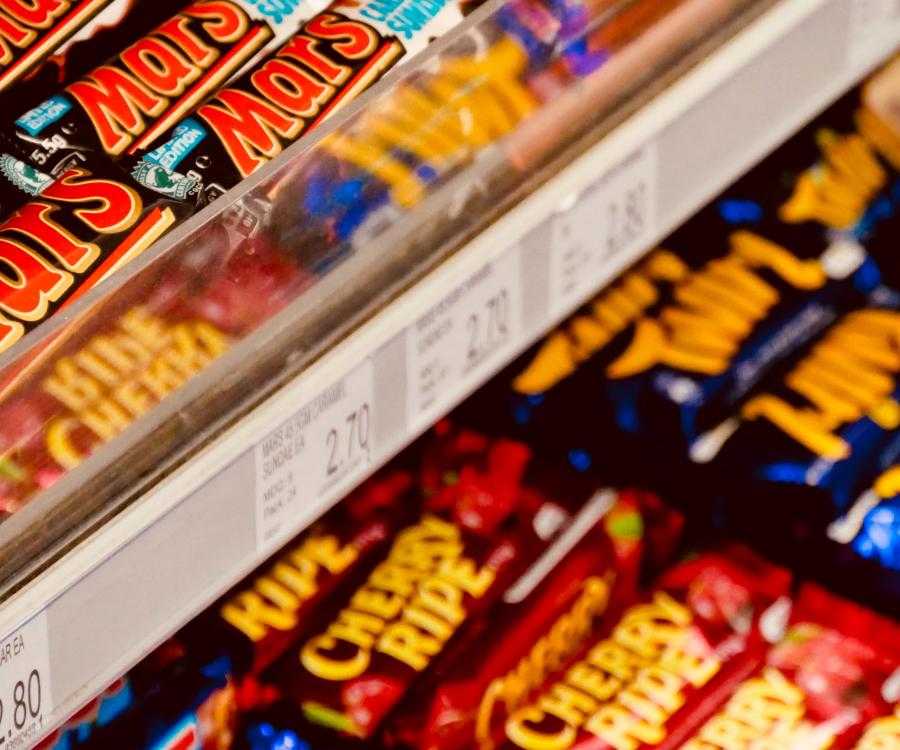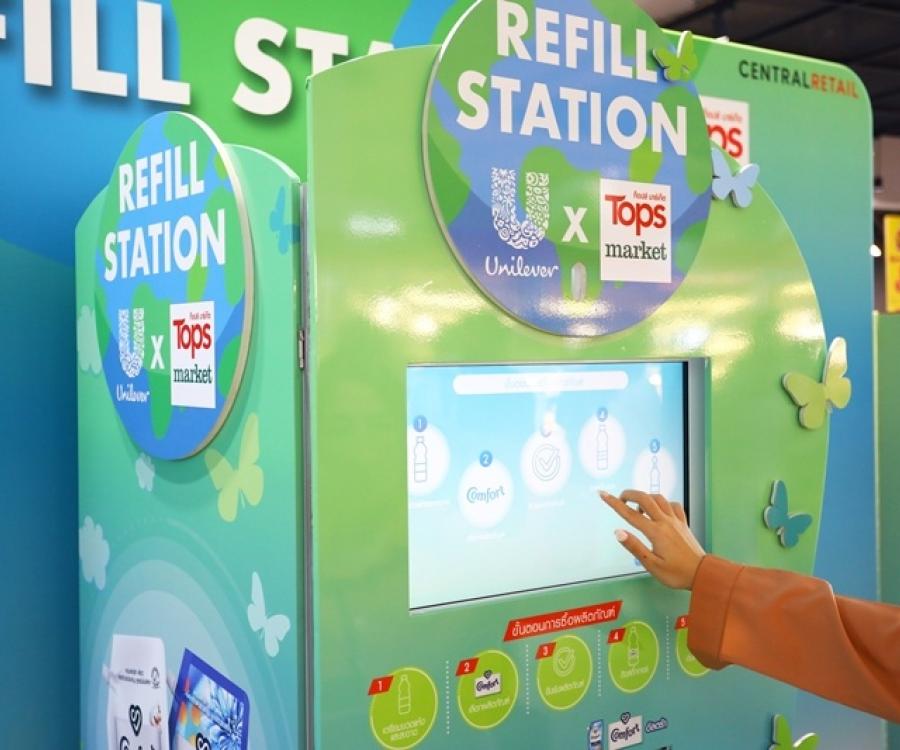
While seemingly overshadowed by the whirlwind developments in the food segment, innovation and trends in the beverage market are equally impressive and just as likely to resonate for years to come. Hybrid beverages that cross categories, savory and health boosting formulations, clean labels, and environmental concerns are among the leading beverage market trends.
In the new report U.S. Beverage Market Outlook 2018, market research firm Packaged Facts provides comprehensive trend analysis of seven leading categories in retail packaged beverages, including Bottled and Enhanced Waters; Carbonated Beverages; Energy & Sports Drinks; Juices; Coffee & Ready-To-Drink Coffee; Tea & Ready-To-Drink Tea; and Dairy Beverages & Non-Dairy Milk Alternatives.
Here are four of the most essential key growth trends for the U.S. beverage market identified by Packaged Facts:
Crossing Categories
The trend toward crossing one beverage category with another is well underway and appears likely to expand. Carbonated juice drinks, plant milk and coffee combinations, dairy-based energy drinks—the mixing has only just begun.
Savory Formulations
Savory beverages are among the categories that appear to be on the brink of a major breakthrough. Consumers looking for alternatives to sweet beverages, and ones that offer health benefits as well.
Clean Label
Clean labeling is still in a relatively early stage of development as a critical factor in beverage purchasing decisions. But it is almost certain to accelerate and reach a tipping point in the very near future as an element in marketing and packaging, as well as in the production process itself, that all food manufacturers must address. Consumers, in an environment where trust is hard to come by, want more certainty than ever before that their foods are safe.
Environmental Concerns
The transparency that clean labeling represents extends to the methods of production in terms of environmental friendliness and conditions that support animal welfare, factors that are of increasing importance to a growing number of consumers and also likely to reach a tipping point that makes them a must for manufacturers. Note how some plant-based beverage manufacturers, for example, are already using the smallness of their environmental footprint as a competitive factor.
Going forward, expect that regenerative agriculture – the use farming techniques that rebuild and restore soil biodiversity – will become especially important to the beverage industry. Manufacturers will join the movement to use techniques that reduce and possibly reverse damage to soil, water, and even the air.






